India’s National Doctor’s Day, observed on July 1st, venerates the indomitable spirit and prodigious contributions of our medical fraternity, paying homage to the illustrious Dr. Bidhan Chandra Roy. Our doctors, the sentinels of health, epitomize resilience, compassion, and an unwavering commitment to the sanctity of life, their valor particularly accentuated during the harrowing trials of the COVID-19 pandemic. Their Herculean efforts in safeguarding lives and championing public health are nothing short of awe-inspiring. This day compels us to proffer our deepest gratitude and profound respect, recognizing their quintessential role in fortifying a healthier, more robust India. It is a clarion call to perpetually honor and support these paragons of medical excellence.
On this special day, we reach out to Dr. Pawan Singhal, a distinguished gold medalist in MS with DNB, MNAMS, FACS, UICC, and an international fellow of AAOHNS, ISO, and Johns Hopkins Institute, who serves as the Senior Professor and Head of ENT and Head Neck Surgery at Sawai Man Singh (SMS) Medical College in Jaipur. He is the President-elect of the Neurotology & Equilibriometric Society (NES) and the Medical College Teachers Associations of Rajasthan. Previously, he was the secretary of NES and now holds executive positions in the American Oncology Institute (AOI), the Foundation of Head & Neck Oncology, and the All India Rhinology Society.
As a governing body member, Dr. Singhal has significantly contributed to AOI’s achievements over the past three years. In addition to his extensive academic and teaching commitments, he actively engages in social initiatives such as neonatal hearing screening programs, deafness control, anti-tobacco and cancer control activities, and providing free education for underprivileged girls. With over 50 articles published in international and national journals, Dr. Singhal has also earned numerous awards and accolades, including the prestigious state award from the Governor of Rajasthan.
In an exclusive interview with senior journalist P. Srinivasan from The Interview World, Dr. Pawan Singhal discusses the causes and treatment of sudden hearing loss, offering valuable prevention advice. Here are the key insights from his interview.

Q: How has noted playback singer Alka Yagnik’s diagnosis with sensorineural deafness brought attention to this condition among the youth, and what are the common causes of sudden sensorineural hearing loss?
A: Sensorineural hearing loss often occurs without a specific cause. However, it can be triggered by various factors such as viral infections, upper respiratory infections, colds, sudden changes in weather, decreased immunity, and ongoing viral outbreaks within communities. These factors can impact auditory function significantly.
Q: Have cases of sudden hearing loss increased following the COVID-19 pandemic?
A: Yes, incidents of sudden hearing loss have significantly increased in the wake of the COVID-19 pandemic. Many individuals who have contracted COVID-19 are now experiencing varying degrees of hearing impairment. This correlation stems from COVID-19 exhibiting symptoms similar to those of typical viral colds—such as nasal congestion, runny nose, sore throat, and fever. Hence, viral infections like COVID-19 may potentially contribute to the onset of hearing loss.
Q: What are some additional factors that can contribute to hearing loss?
A: Lifestyle changes, industrialization, increased air pollution, rising vehicular traffic, and working conditions all contribute to the escalating issue of hearing loss. While this condition was previously more prevalent among older demographics, today’s youth are increasingly affected. The primary culprits include exposure to high decibel levels in workplaces, traffic noise, and the pervasive influence of Western culture typified by loud venues like pubs and discotheques where music often reaches 120-140 decibels. Additionally, the widespread use of earbuds, ear pods, headphones, and similar devices exacerbates the problem.
Another significant factor is the shift in dietary habits, which often lack sufficient vegetables, fruits, and nuts essential for nerve health and resilience.
Q: What are the most effective strategies and best practices for preventing hearing loss?
A: Minimize exposure to loud noises, limit the use of ear pods and earphones, adopt a balanced diet, ensure adequate sleep, and maintain a regular exercise regimen.
Q: What are the recommended treatments for sudden hearing loss?
A: Time plays a pivotal role in the outcome of sudden hearing loss treatment. The earlier an individual with any hearing issue consults an ENT specialist, the better the results. Based on my 19 years of experience, patients who seek medical attention within 3 days of onset typically achieve optimal outcomes. Unfortunately, many patients delay seeking treatment.
The primary treatments for sudden hearing loss or sensorineural deafness include high-dose steroids, steroid injections in the eardrum, and hyperbaric oxygen therapy. Approximately 60% of patients who consult within the critical 3-day window experience relief, whereas only 20% of those who delay treatment see any improvement in their condition or regain their hearing.
Q: In some professions, people have to be on phone calls continuously using headphones or other gadgets fixed to their ears. What are your suggestions for managing this to avoid potential health issues?
A: Employers ought to incorporate regular breaks following extended phone calls to ensure employees have moments of relaxation. Additionally, they should offer enclosed spaces where employees can utilize speakerphones instead of relying solely on headphones, earbuds, or ear pods.
Q: How many people are affected by hearing loss in India?
A: Approximately three out of every thousand individuals experience hearing loss. To mitigate this risk, I recommend opting for speakerphones during extended conversations rather than relying on headphones, earbuds, or similar devices. This choice promotes better auditory health and reduces potential risks associated with prolonged headphone use.


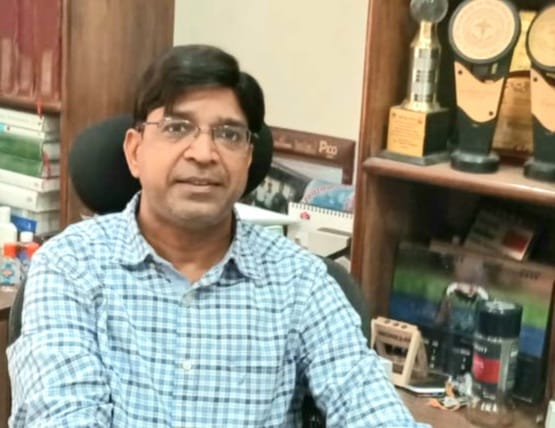
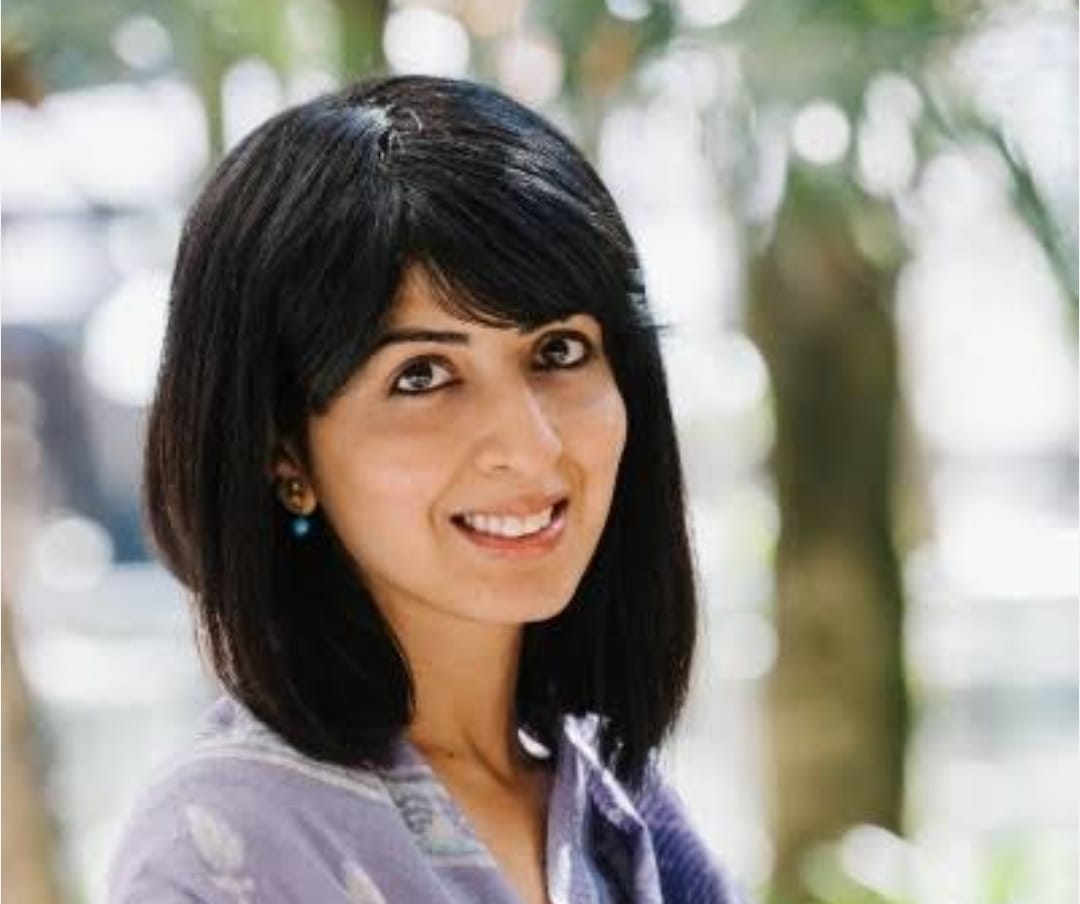
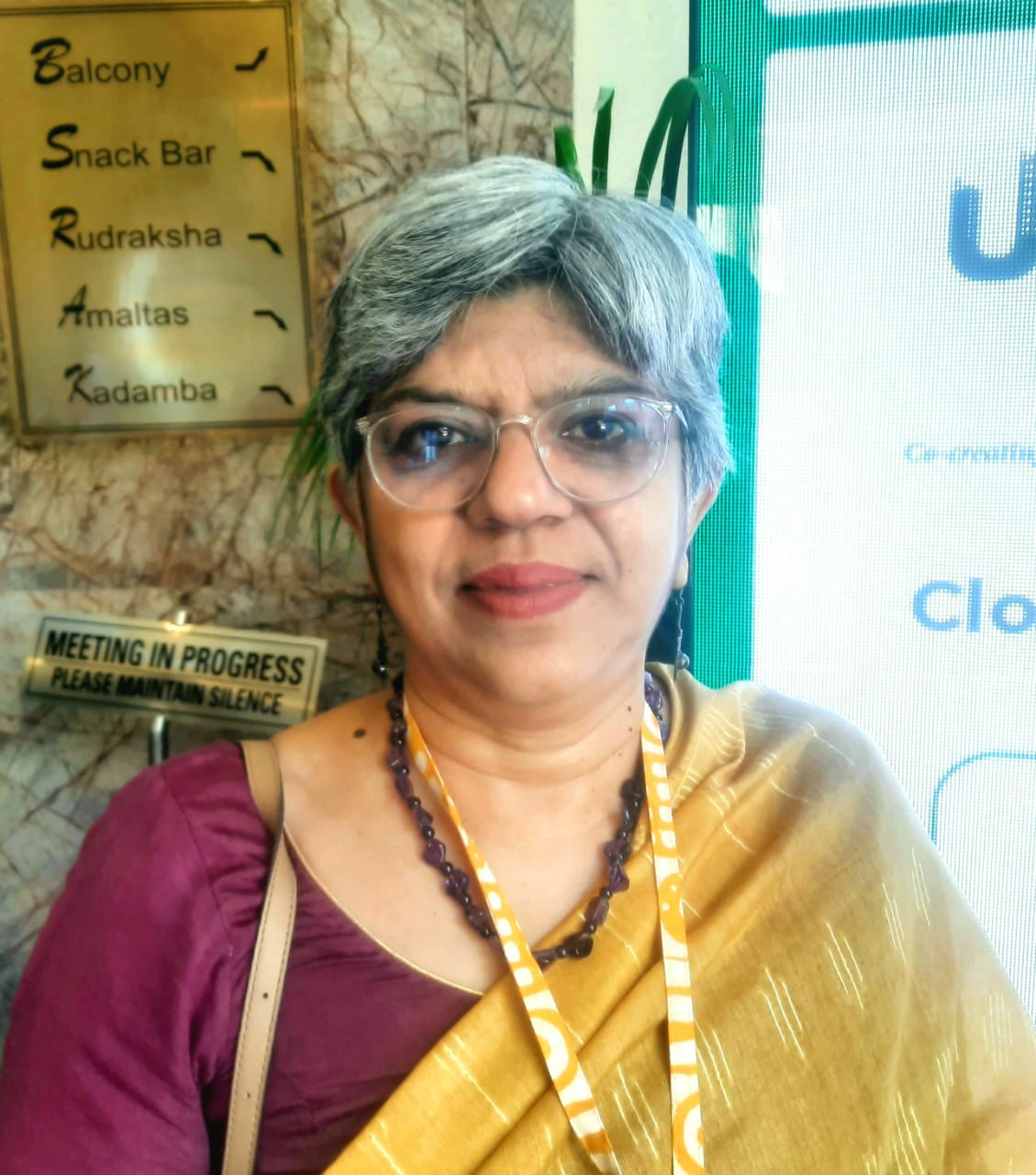
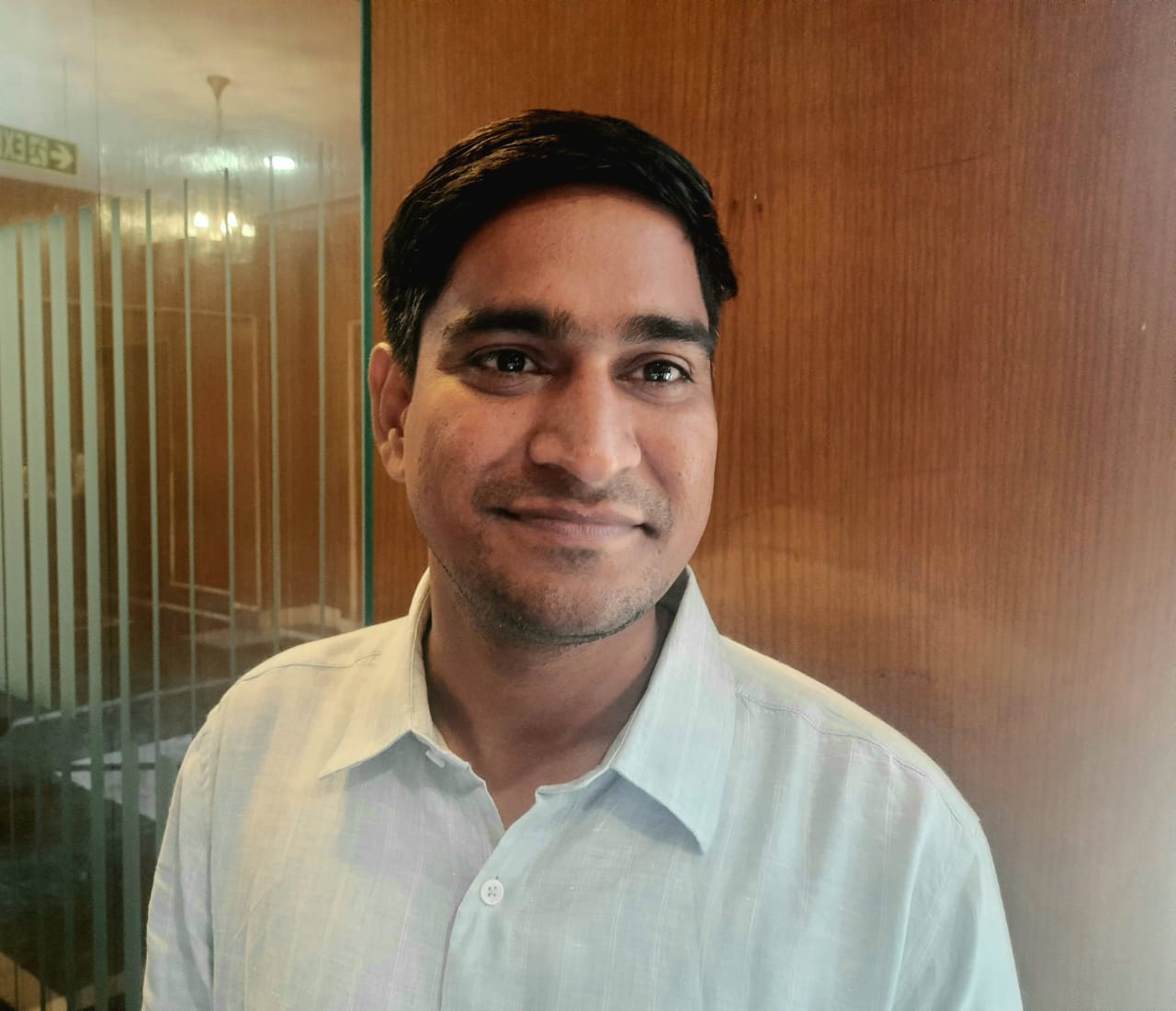
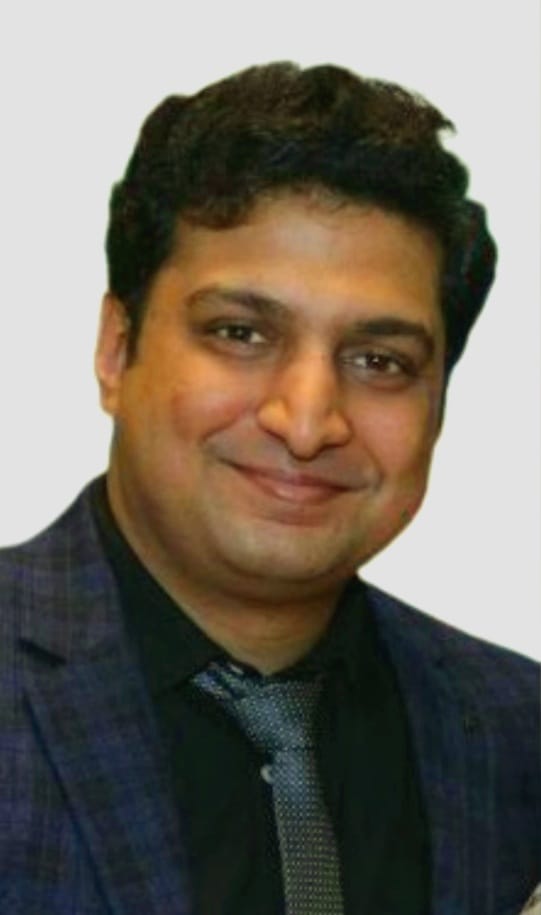
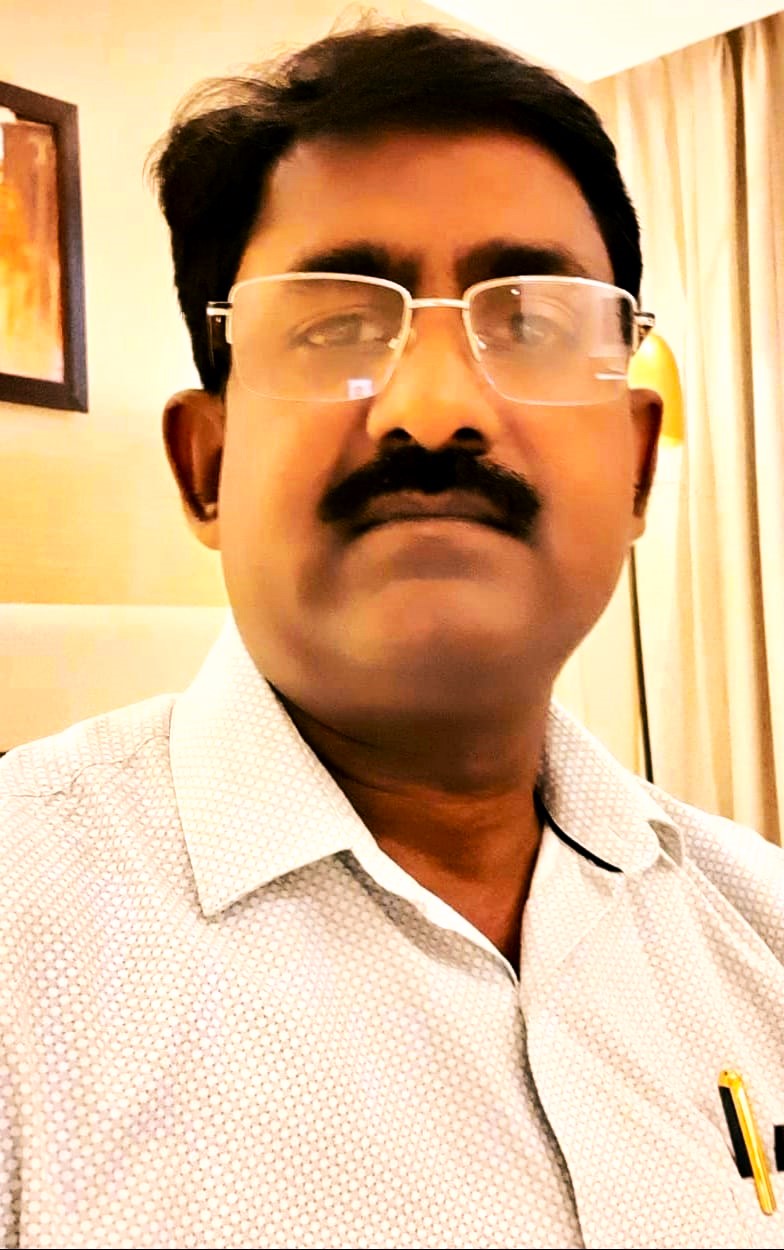


1 Comment
Those are yours alright! . We at least need to get these people stealing images to start blogging! They probably just did a image search and grabbed them. They look good though!
Comments are closed.